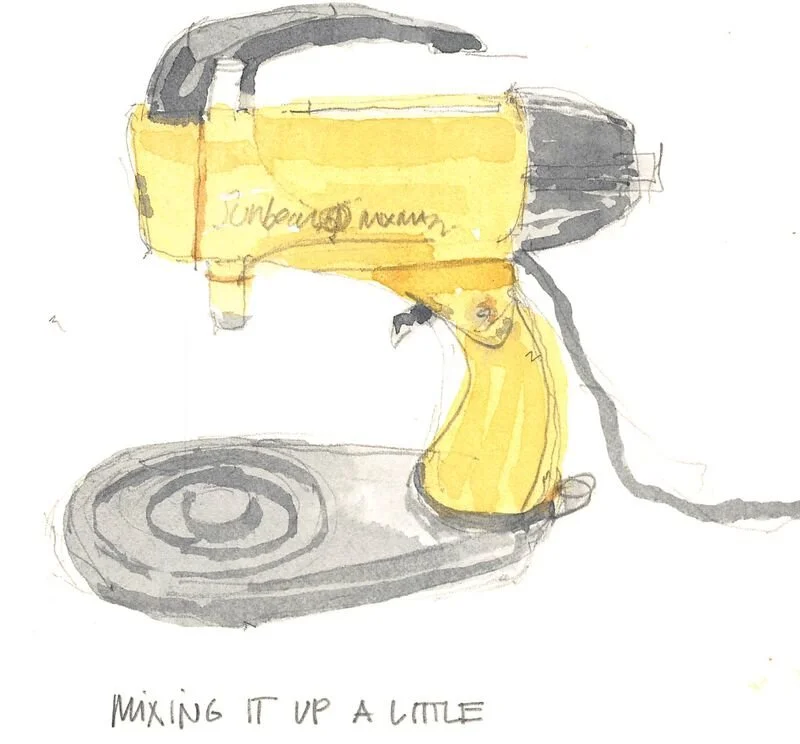MIXING-UP STARTUPS
I sold my Architectural practice when I was 50 to become a speaker, writer, and artist, and I dabbled in some product ideas. It was not quite what you would call a startup, but I was starting again. It is undoubtedly one of the most rewarding things I have done, but also one of the hardest.
In the 50s, British psychologist Ramond Catell wrote a paper suggesting two distinct age-based thinking styles. In our twenties and thirties, we tend to think in what he termed fluid thinking, the ability to solve new problems and come up with ideas seemingly out of thin air. On the other hand, crystallised thinking, more prominent in our late fifties and beyond, is the ability to solve problems using our learned knowledge and experience.
This theory has been supported by a more recent study of the Nobel Prize in economics led by Bruce Weinberg, where they found winners in two age groups with two different thinking styles. Winners in their early careers tended to use conceptual thinking, coming up with ideas outside the box. On the other hand, older winners tended to use experimental innovation, utilising all their knowledge and experience in their box of life and putting it back together in different ways to come up with new solutions.
In 2018, two MIT Professors, Pierre Azoulay and J. Daniel Kim, along with Javier Miranda of the US Census Bureau, studied 2,7 million startups and found that 50-year-old founders were 1.8 times more successful than those of 30. (And 20-year-old founders had the lowest success rate at all. (Link to article about the study in the comments)
In his book From Strength to Strength, Arthur C. Brooks unpacks this further to show that these thinking types have limited life spans. Our fluid or conceptual thinking starts to wane by our forties and fifties, resulting in people finding themselves in positions they achieved using a type of thinking that is no longer their strength.
With the advent of technology, the gap between the more successful older people is closing. When I started my Architectural practice in my 30s, we recorded our finances in physical books. I had to learn bookkeeping. With the proliferation of apps like Xero, financial management is much easier.
While this technology gives the younger startup a technical leg up, there is still the wisdom that can only come of age that the younger startups lack.
For startups, and what I consider finish-ups, the best arrangement is a partnership between younger and older founders!
Mix it up, I say.

